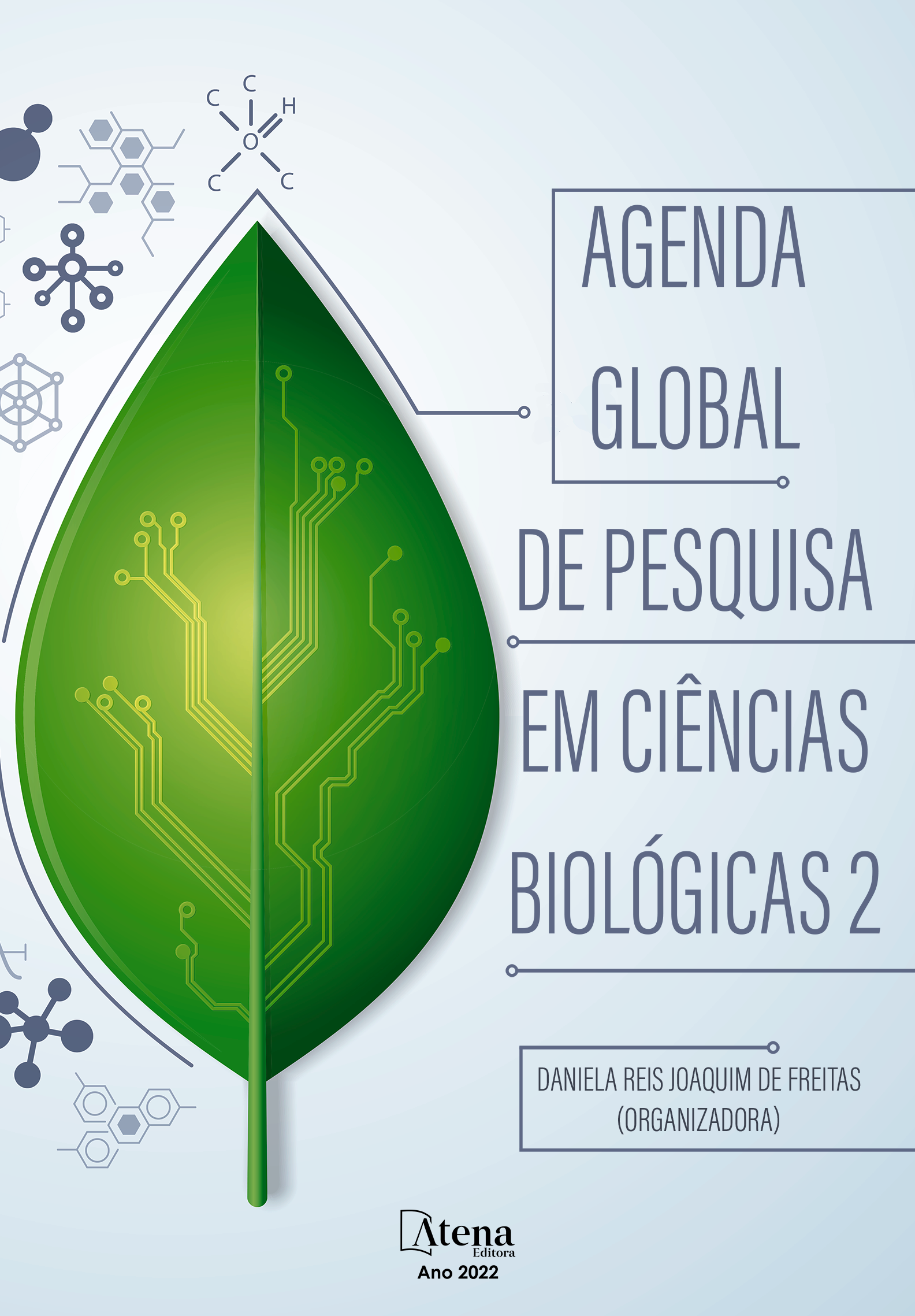
FREQUÊNCIA DE HAPLÓTIPOS EM GENES DE CITOCINAS E SUA ASSOCIAÇÃO COM A ESPONDILITE ANQUILOSANTE
A espondilite anquilosante (EA) é uma doença reumática que cursa com entesite e sacroileíte. Estudos anteriores mostraram que as citocinas inflamatórias como fator de necrose tumoral-alfa (TNF) e interleucina-17 (IL-17) influenciam no desenvolvimento da EA. Assim, o objetivo deste estudo foi avaliar a possível associação dos alelos, genótipos e haplótipos de TNF e IL17A e IL17F no desenvolvimento de entesite e sacroileíte na EA. Nesse estudo caso-controle foram investigados 142 pacientes com EA e 193 controles. A genotipagem de HLA-B*27 foi realizada por PCR-SSP e de TNF e IL17 por PCR-RFLP. As análises foram organizadas por gênero, HLA-B*27, TNF e IL17 e a presença de entesite ou sacroileíte. As frequências alélicas, genotípicas e haplotípicas foram obtidas pelo programa SNPStats e a possível associação foi analisada por regressão logística ou pelo teste do Qui-quadrado. Valores de P<0,05 foram considerados significativos e a associação foi avaliada pelo OR (Odds Ratio) com intervalo de confiança de 95%. A presença do HLA-B*27 foi associada à entesite e a sacroileíte. As distribuições das frequências alélicas e genotípicas para as variantes -208 e -308 de TNF e para IL17A não diferiram entre casos e controles. No entanto, o alelo variante de IL17F e os genótipos nos modelos de herança codominante, dominante e sobredominante foram fatores de risco à entesite e à sacroileíte na EA, para ambos os sexos. Os haplótipos formados pelas variantes -208 e -308 de TNF e por IL17A e IL17F não foram associados ao risco ou proteção às formas clínicas de EA. Concluindo, a variante do polimorfismo de IL17F foi associada à susceptibilidade ao desenvolvimento de entesite e sacroileíte em pacientes com EA.
FREQUÊNCIA DE HAPLÓTIPOS EM GENES DE CITOCINAS E SUA ASSOCIAÇÃO COM A ESPONDILITE ANQUILOSANTE
-
DOI: 10.22533/at.ed.7732218046
-
Palavras-chave: Espondilite Anquilosante; Fator de Necrose Tumoral alfa; Interleucina-17; Antígeno HLA-B27.
-
Keywords: Ankylosing spondylitis; Tumor Necrosis Factor alpha; Interleukin-17; HLA-B27 antigens.
-
Abstract:
Ankylosing spondylitis (AS) is a rheumatic disease that manifests in different clinical forms such as enthesitis and sacroiliitis. Previous studies have shown that inflammatory cytokines such as tumor necrosis factor-alpha (TNF) and interleukin-17 (IL-17) influence the development of AS. Thus, the aim of this study was to evaluate the possible association of the TNF and the IL17A and IL17F allele, genotype and haplotype on the development of enthesitis and sacroiliitis in AS. In this case-control study, 142 patients with AS and 193 controls were investigated. The HLA-B*27 genotyping was performed by PCR-SSP and the TNF and IL17 by PCR-RFLP. Analyzes were performed according to gender, HLA-B*27, and TNF and IL17 on the AS clinical forms of enthesitis or sacroiliitis. Allele, genotype and haplotype frequencies were performed by SNPStats and the association by chi-square or logistic regression. P-values <0.05 were considered significant and the association was evaluated by OR (Odds Ratio) with a 95% confidence interval. The HLA-B*27 was associated with enthesitis and sacroiliitis. The TNF -208 and -308 and the IL17A allele and genotype frequency distributions did not differ between cases and controls. However, the IL17F allele variant and the genotypes in the codominant, dominant and overdominant inheritance models were a risk factor for enthesitis and sacroiliitis in AS, for both genders. The TNF -208 and -308 and the IL17A and IL17F haplotypes were not associated with the clinical forms of AS. In conclusion, the IL17F variant was associated with the susceptibility to the development of enthesitis and sacroiliitis in patients with AS.
-
Número de páginas: 11
- Joana Maira Valentini Zacarias
- Ana Maria Sell
- Ariane Laguila Altoé


